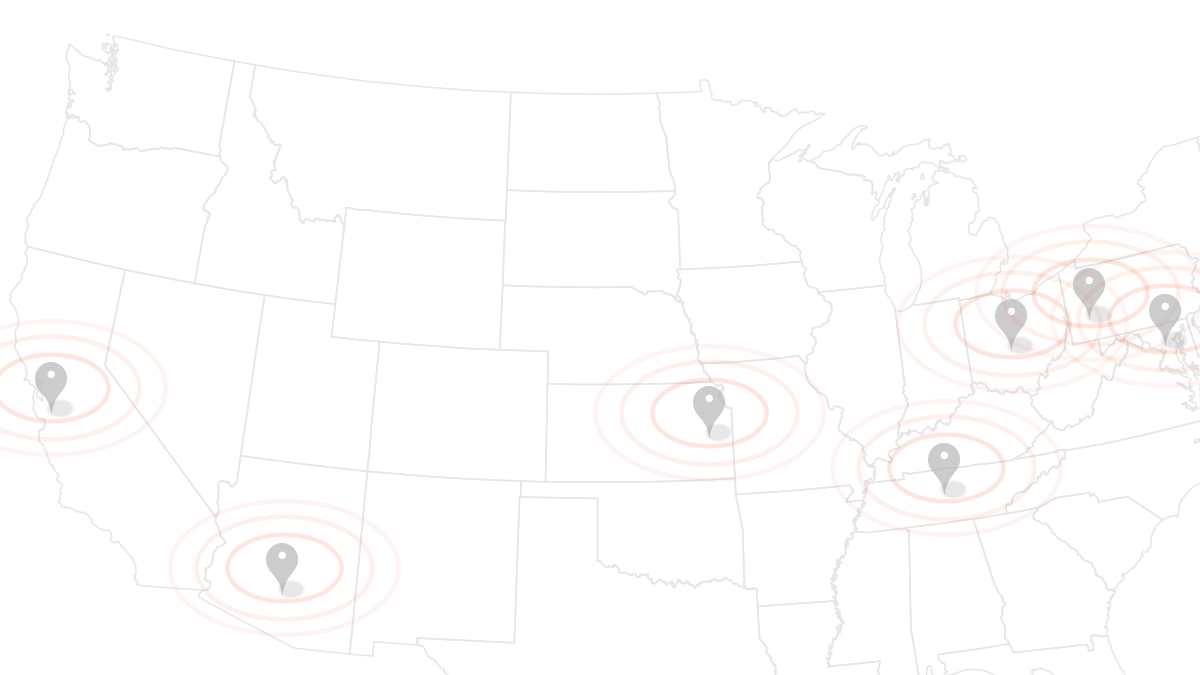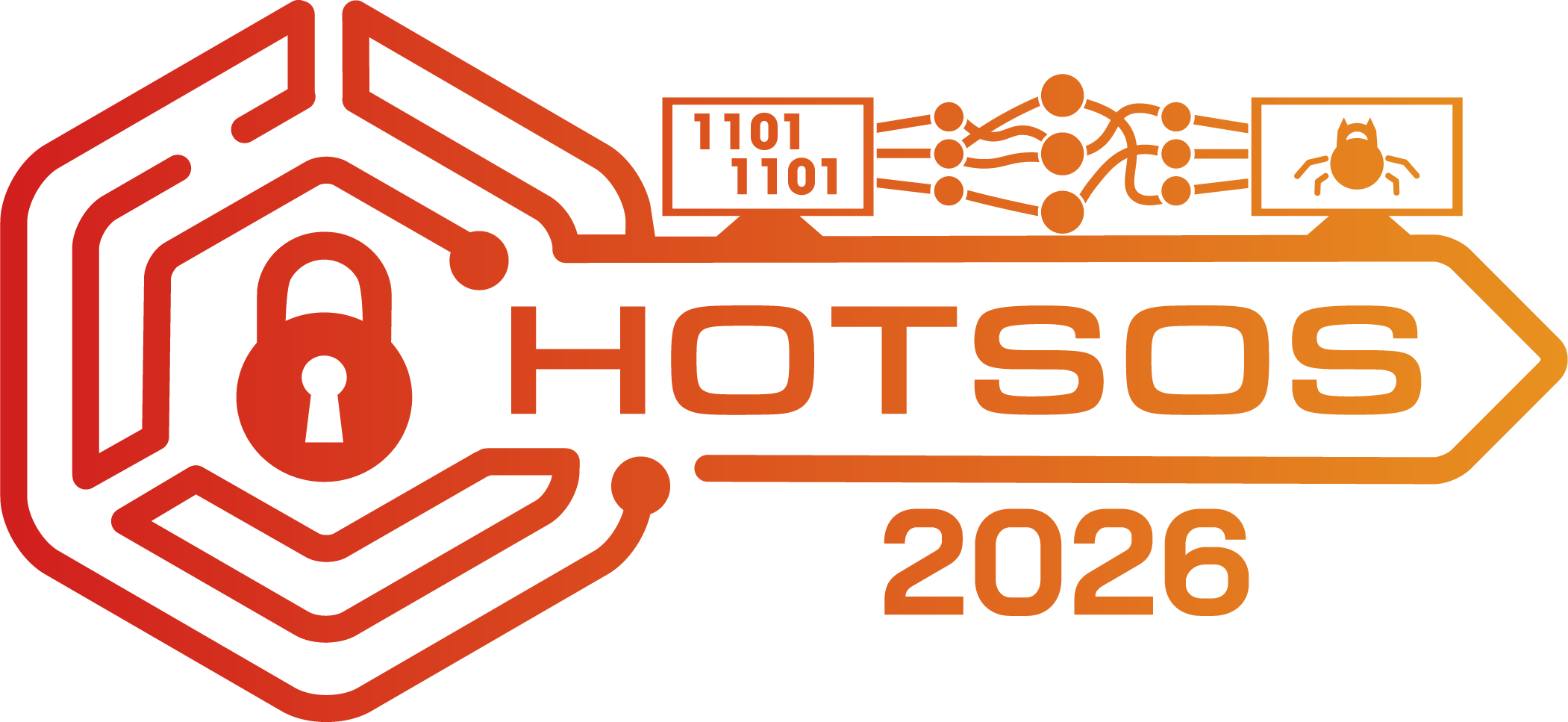
 O V E R V I E W
O V E R V I E W 
Hot topics in the Science of Security (HotSoS) is a forum for presenting and discussing the latest research and development advances in the scientific foundations of cyber security and privacy. In the pursuit of mentorship and advancement of knowledge, the forum brings together researchers, practitioners, and thought leaders from government, industry, and academia. The National Security Agency (NSA) sponsorship of HotSoS provides for a collaborative relationship with NSA researchers, practitioners, and leaders and results in a unique attendee audience. The HotSoS vision is to engage and grow a community that includes researchers and skilled practitioners from diverse disciplines focused on the advancement of scientific methods. The event provides networking and mentoring opportunities to advance the scientific research careers of students. HotSoS`24 will continue to pioneer new methods to have impactful virtual events in April 2024. In addition to research paper discussions and presentations, the symposium program will also include invited talks, panels, and posters.
We solicit submissions in the following three categories:
- Already published research papers will be accepted for presentation, provided their scope aligns with HotSoS.
- Works-in-Progress papers (WiP) will be evaluated for scope, potential for impact, and technical merit. Papers in this category will be discussed during the special WiP session and receive detailed feedback towards making the paper publishable at a top-tier venue. We are looking for bold, risky, and interdisciplinary ideas.
- Poster/Demo abstracts will be selected for brief presentations and highlighted by a poster/demo competition.
Topics of interest include:
- Applications of AI in cybersecurity and autonomous systems
- Application of Psychology to Enhance Cybersecurity
- Design principles, tools, and architectures for provably secure systems
- Ethical considerations of AI in security and privacy
- Resiliency and operating in degraded/compromised environments
- Scalable and composable frameworks for security
- Security and Cybersecurity Applications of Large Language Models
- Security of cyber-physical, service mesh networks and autonomous systems
- Security metrics, measurements and attestation
- Security policies, validation, reasoning and enforcement
- Threat modeling and analysis techniques and tools
- Trustworthy AI, theoretical limits, and explainability
- Zero Trust Frameworks in support of 5G/FutureG
Important Dates
- Submission Deadline: December 15, 2023 AOE
- Acceptance Decisions: February 14, 2024
- Registration Opens: TBD
- Virtual Symposium: April 2-4, 2024
Organization
General Chair
Adam Tagert (National Security Agency)
Program Co-Chairs
Alexander Velazquez (U.S. Naval Research Laboratory's Center for High Assurance Computer Systems)
Adam Petz (University of Kansas)
 S U B M I S S I O N R E Q U I R E M E N T S
S U B M I S S I O N R E Q U I R E M E N T S 
All papers and manuscripts should be submitted via EasyChair: https://easychair.org/conferences/?conf=hotsos24
Already Published Research Papers
When submitting, specify the submission category to be “already published research papers”. Submissions may use the format of the published venue.
Works-In-Progress Papers
When submitting, specify the submission category to be “Works-in-Progress papers.” WiP papers should be at most 10 pages in the double-column ACM format including the bibliography or, alternatively, 9 pages not including the bibliography. Note that WiP papers are encouraged even if they are substantially shorter than the page limit. The paper may have optional appendices, but reviewers are not required to read them. Submissions must be in PDF format and the title should begin with “WiP: .”
Each author must assert that the manuscript is unpublished and revisions can be incorporated into the manuscript prior to their next submission for publication. Prior publication includes the appearance in a proceeding, online or in print, of any version of the work that received peer review, including short papers. Posters and online, pre-submission non-archival versions of non-peer reviewed papers will not be considered prior publication. Pre-submission non-archives include arXive.org and CiteSeerX. A short paper version of a submission may not immediately disqualify the submission, however, and the committee will consider the differences in the versions prior to making final decisions. Thus, authors are encouraged to briefly disclose in a cover page to their submission any prior submissions and/or publications related to the submission.
ACM Template: https://www.overleaf.com/gallery/tagged/acm-official#.WlayAktG3v0
Poster/Demo Abstract Submissions
When submitting, specify the submission category to be “poster or demo presentation.” Accepted posters/demos will be displayed on the symposium website. Each extended abstract should be at most 2 pages, including citations and references.
Government and Industry Talks
Nominations or proposals for government or industry talks can be sent directly to the program chairs via email at hotsos2024@cps-vo.org.
 W O R K S - I N - P R O G R E S S (W i P) S P E C I A L S E S S I O N
W O R K S - I N - P R O G R E S S (W i P) S P E C I A L S E S S I O N 
In keeping with the goal of collaborative community engagement, the symposium will feature special working sessions for works-in-progress (WiP). The WiP session offers an opportunity for authors to get early feedback on a research direction, technology, or idea before it has been fully evaluated, or to discuss systems in an early, pre-prototyping phase. Authors who have a WiP manuscript accepted will attend a special session in which they appear on screen with a discussant for an in-depth discussion of their submission. Authors are expected to incorporate session feedback into revisions of their manuscript prior to their next submission for publication. Attendees are expected to read the manuscript in advance and be prepared for discussing the topic. Manuscripts accepted for discussion will not be published at the symposium, and access to the submissions will remain confidential and be restricted to session attendees who have agreed to keep the material confidential. The authors and general description of accepted WiP papers will appear on the symposium website. After the manuscript is published, its inclusion as a WiP paper will be documented on the symposium website.
WiP Special Session Format
One month prior to the workshop session and symposium, registered attendees will be provided confidential access to accepted manuscripts. Because the manuscripts are unpublished, all attendees are instructed to keep the research results and discussions confidential. Registered attendees to the special session are expected to read the manuscripts prior to attendance and they are encouraged to participate in discussions. There are no formal presentations of the work.
Each manuscript will be assigned up to a one-hour slot, in which an author will present the manuscript for up to 10 minutes. The discussant will then identify the strengths and weaknesses along multiple dimensions:
- Is the problem framing clear, is this the right problem given the approach? Is the threat model described, the right model?
- Is the chosen analysis appropriate for the claims being made? Is there an alternative analysis better suited to the research questions or hypotheses? Do threats to internal validity exist, if so, how can those be appropriately acknowledged and/or mitigated?
- Are the results being presented clearly, what alternative presentations exist?
- Is the scope of impact consistent with the results, are connections to a broader impact missing or available for further research?
Following the discussant questions and author reactions, the remaining minutes will be used by the audience to raise their own questions and to engage in audience discussion. It is expected that audience members will prepare their own questions in advance, when reading the manuscript prior to attending the workshop. The discussant and author can moderate the discussion by choosing audience members to speak and by asking audience members follow-up questions. The ultimate goal for each session is to provide authors with detailed actionable feedback, which they will then use to improve their manuscripts prior to submission for publication at a different venue.
Selection Process
Shortly after the submission deadline, a small program committee will review WiP manuscripts for acceptance. Acceptance is determined by the following criteria: (1) is the manuscript topic appropriate for the Science of Security; (2) is the manuscript sufficiently clear about the problem, approach, evaluation and results to engage an audience in productive discussions; (3) has the manuscript been previously published in any format; and (4) does the manuscript complement the overall program. Manuscripts that are not accepted may be invited as posters for presentation in a separate poster session.
--
Please send any questions to hotsos2024@cps-vo.org

